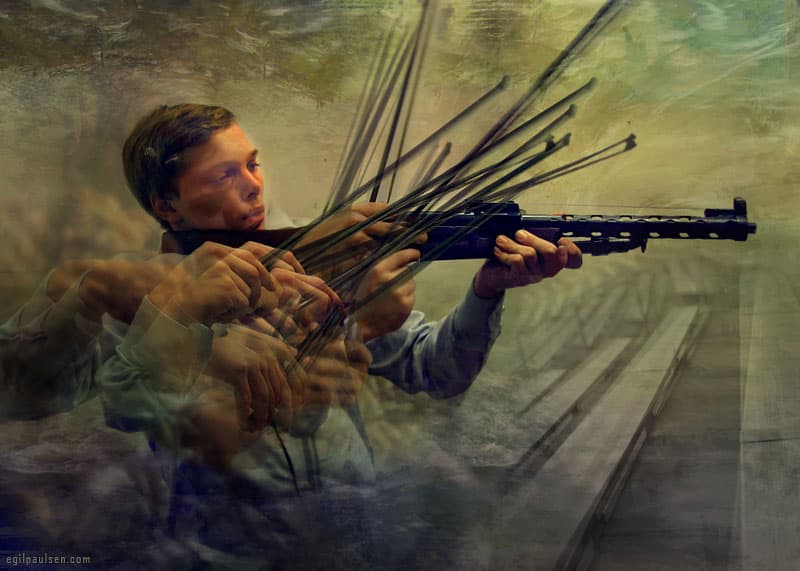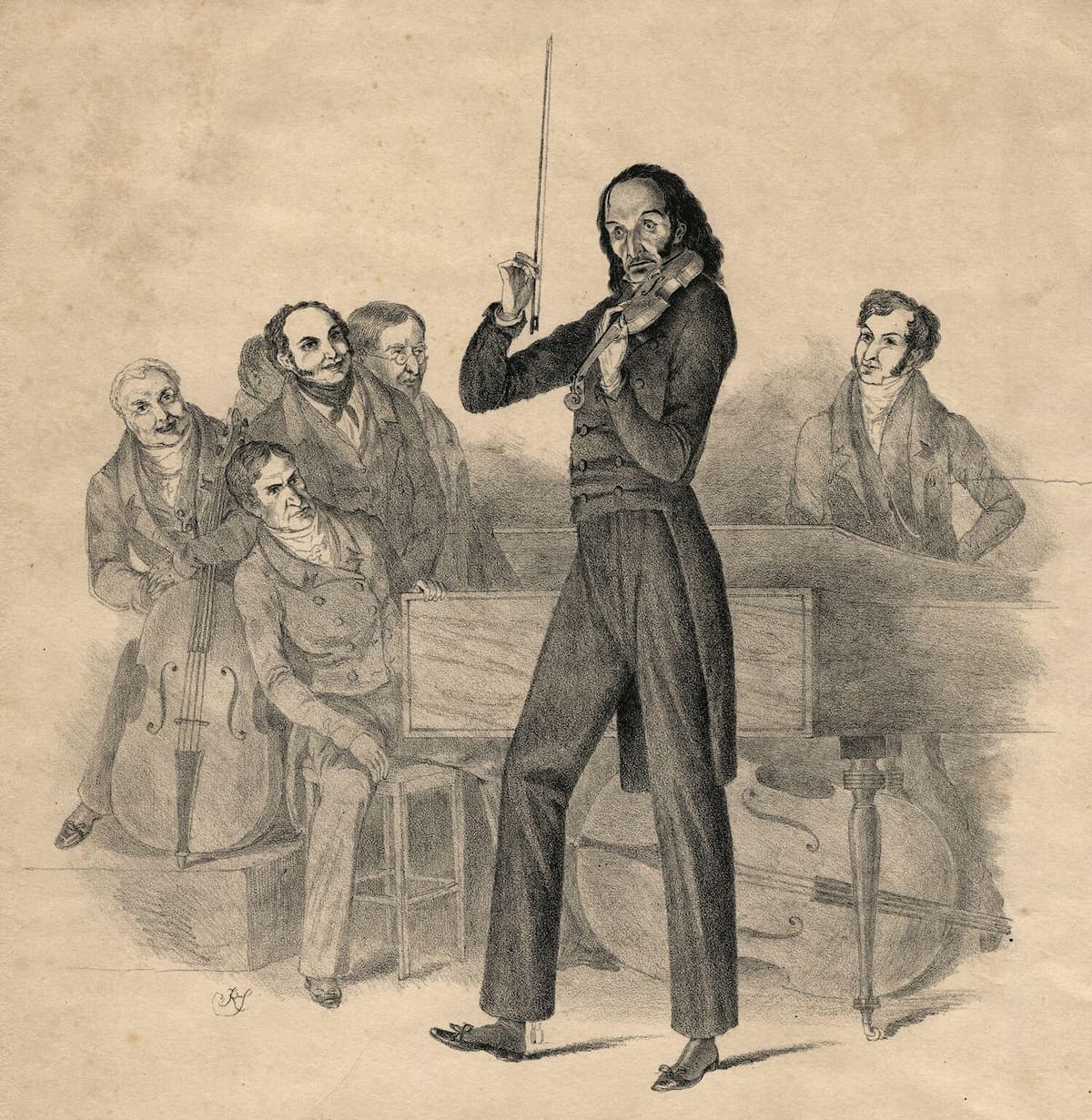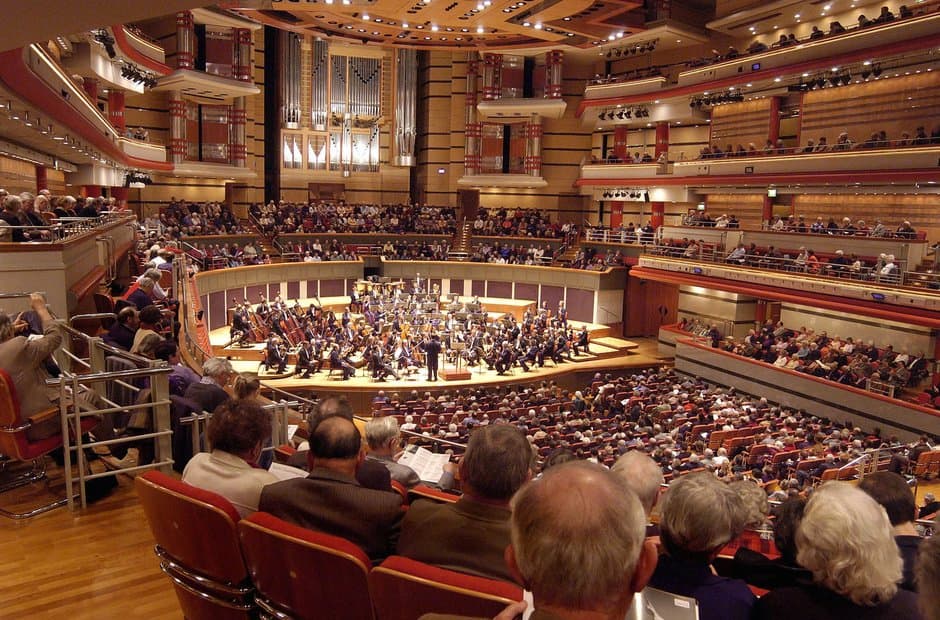Technique, technique, technique. Practice, practice, practice. Much of the performing musician’s life seems to be centred around practice, development, and improvement of the technique. It is true that technique is essential to the communication of the ideas of the composer, and their translation on the instrument. But doesn’t an extreme mastering of technique lead rather than exemplary artists, exemplary craftsmen who achieve the ultimate goal of human virtuosity at the expense of artistry?

‘Virtuoso violence’ by Egil Paulsen (2007) © London Firebird Orchestra
Out of history, only the virtuosi who are remembered are the ones who have not only exceeded their craft but exceeded their artistry too. Liszt, Chopin, Schubert, Beethoven, Paganini, Rachmaninoff — if it was not for their art, their music — themselves as instrumentalists only would have probably been forgotten, at least most of them.
Yuja Wang Performs Prokofiev’s Toccata in D minor Op 11S
Musicianship is based on technique — and a lot of the journey of the musician is based on it. But not only. And perhaps, it seems that the most important is rather the development of the artist, the artistic brain, the musical ear, and then the tool, the hands.
It is indeed the mind which dictates the body, and therefore, it is the mind which dictates the technique. Technique is and should remain, a slave to creativity, and bends the way creativity wants it to. Never the opposite. Unfortunately, for many artists, technique and forces of habit dictate the direction and the limitations of the artistic ideas.
There is often an argument between technicians and virtuous missing souls and emotions in their work. While one can doubt the absence of intentions — after all musicians play music for a reason that goes beyond simple technicality, and all musicians are emotionally connected to their art — but the argument has the point of technique dictating the intentions, rather than the mind ordering the body. The argument is also evident enough as one can observe multiple instances of technicians eventually abandoning their instruments for greater causes — Liszt and his growing ambitions with orchestral music for instance.
Lang Lang – 74 Seconds of Virtuosity
Technique is of course the central part of sports, and without it, the athlete does not succeed. But the sportsman competes, and his goals steer away from the sublime. The artist, on the other hand, aspires to greater principles. It is the quest to the divine, to which technique is the medium, not the end.
A musician, a composer, should be encouraged by both writing away from the instrument — nowadays technologies make it so convenient — and writing for other instruments, where the knowledge of technique is non-existent. This allows the creative mind to dictate and technique to serve.

Nicolo Paganini, by Richard James Lane
This way, when the artist allows his mind to dictate, not only are progress and advancement made, but most importantly creative individuality emerges. It should be the goal of the creative artist, to be oneself rather than impersonate. To be an artist, rather than a craftsman.
For more of the best in classical music, sign up for our E-Newsletter




